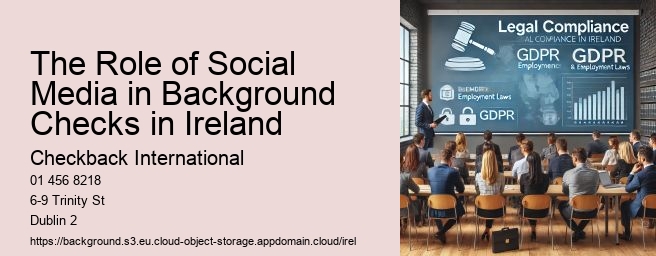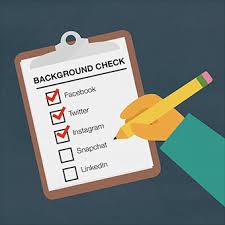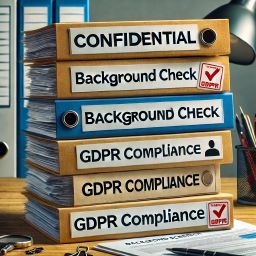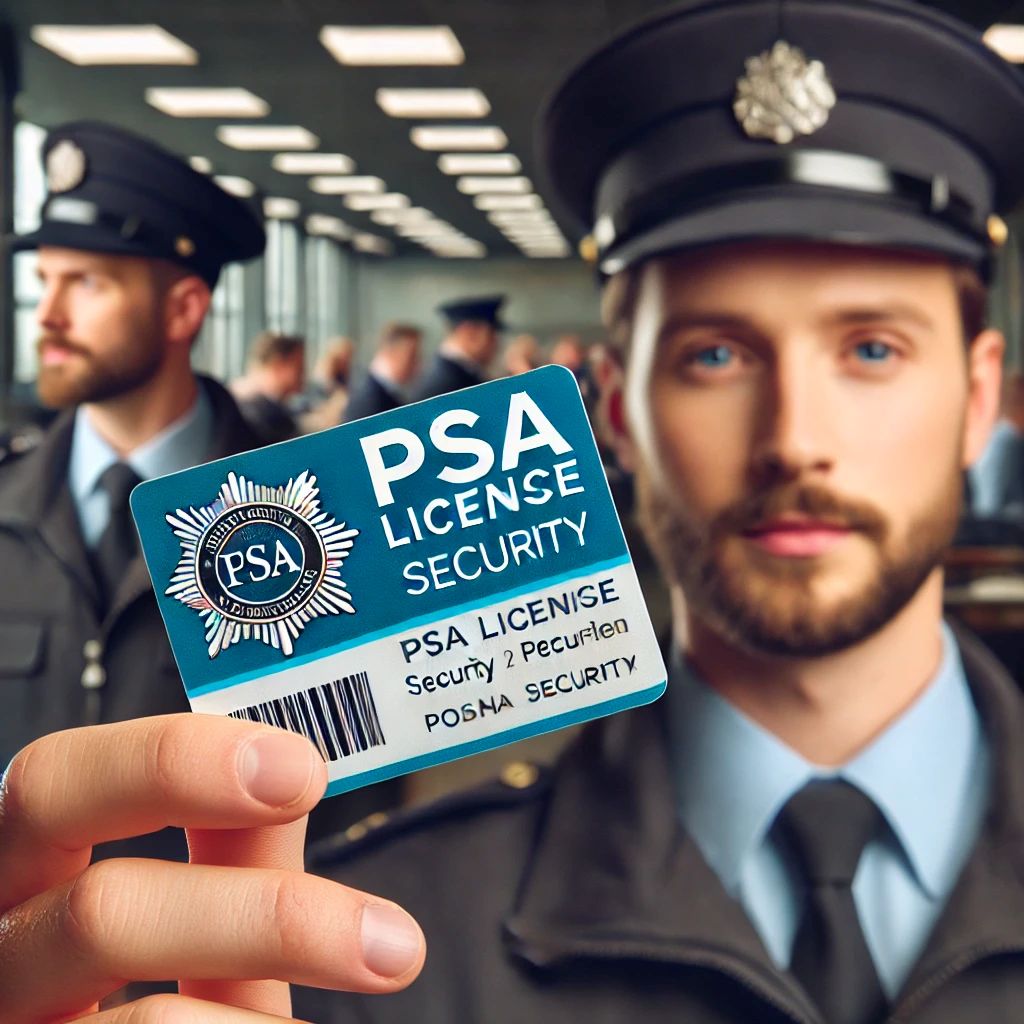

3.Data Protection: Providers must follow Ireland's data protection laws. Proper handling of personal information remains essential.
Extra fees apply for more detailed checks or faster processing. Prices differ for services outside Ireland and the UK.
You can request copies of your background check results directly from the screening provider under data protection laws. You need to show valid identification to get your records.
Third-Party Screening ProvidersOther standards include PSA 39:2014 for event security and PSA 55:2016 for locksmiths. Companies that fail to meet these regulations may face penalties and lose their licenses.
The application process for the European Criminal Record Check (ECRC) follows multiple steps for European recruitment standards.
How Do Candidates Dispute Errors in Their PSA Background Report?
Case Studies: The Effectiveness of Background Checks in Irish Companies
These practices help streamline vetting and uphold industry standards.
Turnaround Times and Service Efficiency
PSA 74:2019 builds confidence in employment processes and protects businesses and individuals.

3.Background verification through partnerships with security agencies
The process reviews both registered and unregistered judgments from Irish courts and includes European Criminal Record Checks (ECRC) for candidates with address histories in 26 EU states.
Visit checkback.ie for company news, privacy policies, and terms of service. The company maintains active social media channels for updates and communication.


The assessment includes registered and unregistered judgments, with data sourced directly from Courts and Companies Office records.
The information collected must not discriminate or break privacy rights under GDPR rules and employment law.
Can an Individual Request Copies of Their Own Background Check Results Directly?
Fitness and Probity Checks (Central Bank of Ireland)
1.Scope: A complete provider should cover education, employment, criminal records, and personal references.
Airside and Security Vetting Requirements
The European Criminal Record Check (ECRC) is a verification tool used by Checkback for Irish organizations hiring from across the EU.
Contractor Vetting
The first stage requires candidates to fill out a central European form, regardless of the number of EU states where they lived.
The costs of international background checks differ based on multiple factors such as the countries searched, the length of history reviewed, and the specific checks performed like criminal records, credit history, or educational verification.
Software systems allow comprehensive checks of criminal records, financial status, and work history.
Manual Handling Certification ChecksA background check in Ireland involves reviewing a person's criminal, financial, or personal records to assess their suitability for a role or position.
The duration can vary but typically takes between 1-2 weeks, depending on the type and complexity of the check.
Garda vetting is a specific type of background check required in Ireland for individuals working with children or vulnerable adults, involving checks against police records.
Yes, you must obtain consent from the individual before conducting any background checks in Ireland.
Not for all employees, but certain sectors such as healthcare and education may require comprehensive checks.
It includes checking for any criminal convictions or offences recorded against the individual.
Yes, individuals can request their own background checks in Ireland for personal review or to prepare for employment screenings.
Skipping background checks can lead to hiring unsuitable candidates, which may result in legal and reputational risks.
Yes, police clearance is a general criminal record check, while Garda vetting is specific to roles involving vulnerable groups and includes more detailed investigations.
You can request transcripts or degrees directly from educational institutions or use third-party services that specialize in educational verifications.
Information about spent convictions, certain types of personal data, and other protected characteristics under GDPR is off-limits unless specifically relevant and lawful to access.
International checks may involve additional complexities such as different laws, languages, and longer processing times.
No, background checks do not affect your credit score as they do not involve a credit inquiry that would impact the score.
Best practices include securing data in compliance with GDPR, limiting access to authorized personnel, and ensuring data is stored for only as long as necessary.
It depends on the industry and role, but typically every 2-3 years or when significant changes occur in the individual’s role or responsibility.
While not specific by law, many IT positions require checks due to access to sensitive or proprietary information.
GDPR regulates the processing of personal data, ensuring that background checks are conducted in a lawful, fair, and transparent manner.
Yes, but it must be done lawfully and with the individual’s consent, considering the relevance to the role.
Penalties can include fines, legal actions, and reputational damage, depending on the severity of the non-compliance.
Remote work has increased the importance of thorough background checks, especially for those in positions of trust or handling sensitive data.
Best practices include conducting similar checks as for permanent staff, especially if they have access to sensitive or critical areas.
Ensuring fairness involves following consistent procedures, obtaining consent, and allowing candidates to dispute inaccuracies.
Yes, it’s recommended to tailor background checks based on the specific risks and requirements of each position.
Signs include transparency about services, compliance with legal standards, positive reviews, and strong data protection practices.
Handling involves assessing the relevance to the job, discussing findings with the candidate, and considering legal and ethical implications.